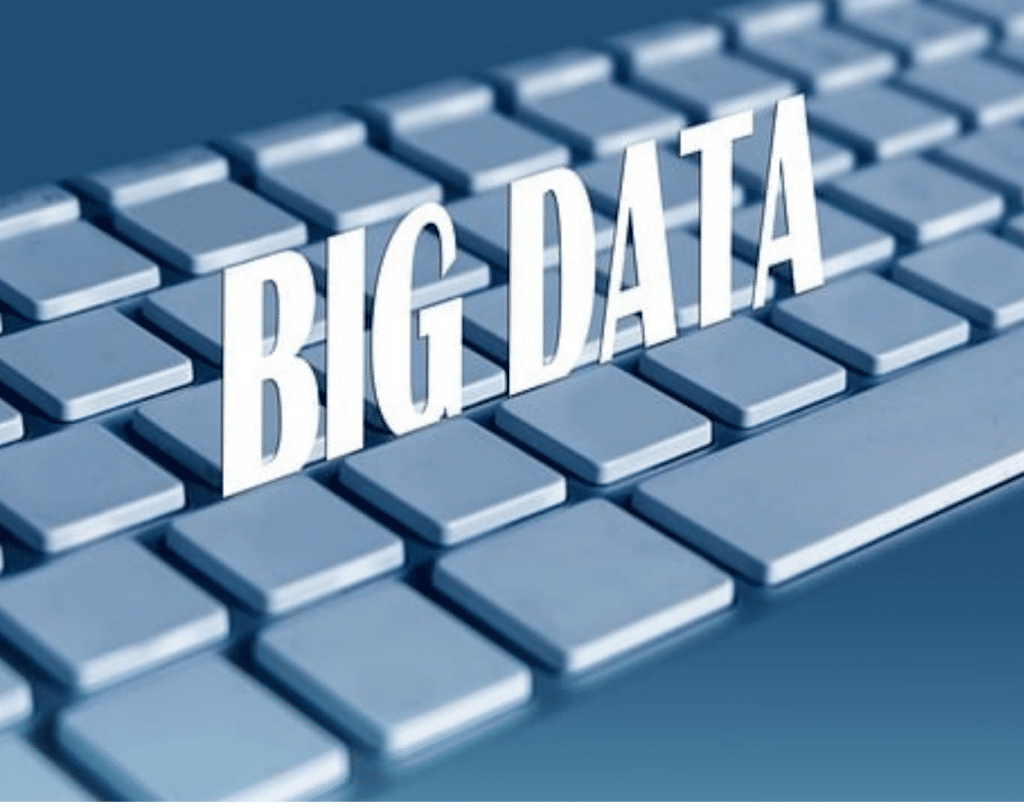
In the last few decades, the business landscape has undergone enormous changes.
Technology such as the internet and the increase in data-enabled devices has increased the importance of the data broker industry in recent years.
Business decisions are no longer based on intuition and speculation but on data. Due to this, companies require reliable, up-to-date information at all times.
Increasingly, companies are using data brokers because they don’t have the resources to consistently find the amount of marketing data they need.
Exactly what is a data broker?
Essentially, data broker companies provide direct marketing data lists for clients. However, unlike a single list owner, a data broker will work with numerous list owners and can therefore offer clients access to a much larger pool of data.
They will also be able to advise the right data to use in your email, direct mail, and telemarketing campaigns.
The process of sourcing data is challenging, and you must ensure that the data you acquire is accurate, relevant, and compliant.
Any information broker should have years of experience in the data brokerage industry, enabling them to build up an understanding of what is available and who is a credible source of data.
Data types
Consumer data can be quite complex to process, thanks to consumer privacy laws.
Thankfully, B2B data collection is only involved with three main types of data:
- Firmographic data – Firmographic data includes details such as the name of the business, location data, size, number of workers, profits, etc. Data that can quantitatively categorise an organisation is firmographic data. Most B2B data suppliers use this metric and it’s usually the most useful.
- Contact data – this is personal data for decision-makers, shareholders, their personal information, and relationships across organisations. Furthermore, this information includes demographic information, such as email addresses, social media and telephone numbers.
- Chronographic data – this describes the timeline of specific events, including the arrival or departure of a director, acquisitions, new funding streams, and other hiring information. The system can be used to track employees leaving the organisation, office moves, and so on.
B2B data suppliers, such as More Than Words Marketing, offer UK businesses access to detailed information.
What are the benefits of using a data broker?
Make advertising more targeted
Working with a data broker can help you target your marketing campaign. Your communications can be tailored to meet the needs of potential buyers based on the firmographics, demographic, and chronograph information you have about them.
By offering your audience what they are looking for with a targeted ad, you get to establish a deeper connection with them.
And you can do it more efficiently because brokers handle the research for you.
Identifying better leads
In order to properly approach sales leads, sales teams need to evaluate, score, and prioritise leads. For B2B companies, information brokers provide relevant information on leads that will speed up this process.
Using data to inform decisions
Today, data is essential for driving business decisions. Often, business leaders make decisions based on their own experiences and other qualitative factors, without considering quantitative data that can help them improve.
It is not only more likely that decisions backed by data are better, but it also provides a rationale for actions taken.
Creating powerful value propositions
The best salespeople are able to explain how their products can benefit a business. For you to find out which problems a business is facing, you need to gain the prospect’s trust.
Data offered by data suppliers allows companies to get insight into a customer’s needs before contacting them.
What questions should you ask data brokers?
You will most likely speak to multiple data brokers before you choose the individuals best suited to your campaign.
Here are some of the questions that will help you to narrow down the data brokerage that is best for you.
What is your experience with my target market and the channels I intend to reach them through?
Find a data broker that has good connections within your sector, and contact information extensively covering your chosen channels (email, post, phone)
Do you work for any of my major competitors?
In this situation, it is actually better if your data broker has worked with your competitors.
Who is going to manage my account?
You want to be working with a dedicated data brokerage account manager, who will be able to ensure you get the most from every data point.
Can I see testimonials from previous clients?
You will have a direct relationship with information brokers – it’s important that you are able to trust them.
How do you ensure ethical business practices?
Companies involved with handling data for marketing purposes must ensure they comply with data protection law and privacy laws.
This includes both the General Data Protection Regulation (GDPR) and the Data Protection Act 2018 (DPA 2018).
UK-based company More Than Words Marketing provides B2B data brokering services.
Our clients hire us to provide data and outsourced marketing campaigns for targeted email, phone, and postal advertising targeting decision-makers in businesses and education.
The personal information we provide is obtained from a number of specialist data suppliers.
Get in touch with us at 0330 010 8300 or visit www.morethanwordsuk.co.uk
